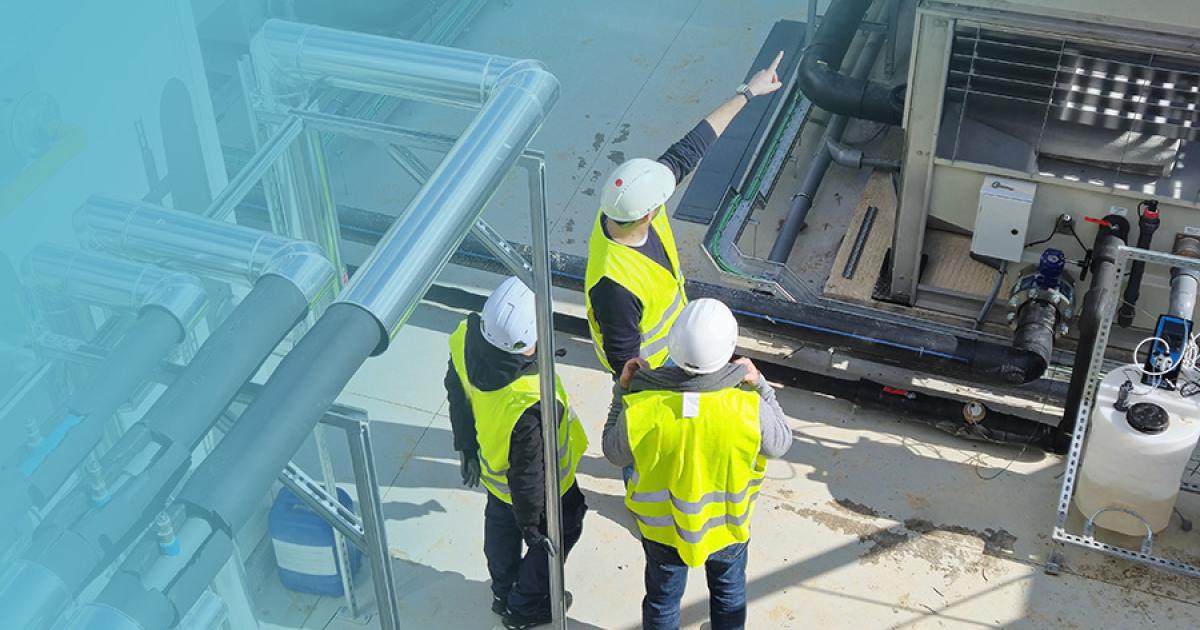The Commission is collecting input on 2 key initiatives: the EU Electrification Action Plan and the EU Heating and Cooling Strategy.
Interested parties and citizens are invited to contribute to the call for evidence and open public consultation on the EU Electrification Action Plan and to the call for evidence and open public consultation on the EU Heating and Cooling Strategy, via the links provided.
The calls for evidence and the public consultations will continue until 20 November 2025. The feedback received will feed into the Commission’s work on these initiatives, planned for publication in the first quarter of 2026.
Both initiatives were announced in the Clean Industrial Deal and the Action Plan for Affordable Energy to further support the EU’s energy affordability and competitiveness, reinforcing energy security, while advancing towards the achievement of our energy and climate targets. The initiatives are closely interlinked and seek to ensure progress towards a decarbonised energy system based on electrification and energy efficiency, driven by a substantial increase in homegrown clean energy.
Commissioner for Energy and Housing, Dan Jørgensen, said:
‘For Europe to move towards a net-zero economy, our energy system must be powered by more secure home-grown clean electricity. Our plans to boost electrification and decarbonise heating and cooling will support industry, the buildings and mobility sectors in replacing the use of dirty fossil fuels with decarbonised energy at competitive prices. This is a win-win for the economy, and for the climate.’
EU Electrification Action Plan
While the decarbonisation of the EU’s electricity system is making steady progress, electricity represents less than 25% of final energy consumption. To meet the EU’s climate targets, reinforce the efficiency of the energy system, and benefit consumers, more energy demand needs to shift from fossil fuels to clean electricity.
The Electrification Action Plan will aim to promote this transition by addressing key barriers and identifying priority policy actions to accelerate the cost-effective and system-friendly electrification of the EU’s energy consumption, accompanied by continuous investments in clean energy and flexibility.
The consultation aims to collect feedback on the role of electrification in the transport sector, industry and buildings.
EU Heating and Cooling Strategy
Heating and cooling constitute around half of the EU’s energy consumption, with 70% still reliant on fossil fuels, mainly gas. The share of renewable energy in the sector is growing slowly. A significant portion of heat is lost, with waste heat estimated to represent nearly 30% of total EU energy use, or almost half of the EU’s fossil fuel consumption. Improving energy efficiency and advancing cost-effective decarbonisation of heating and cooling are therefore critical to achieving the EU’s goals for energy security, competitiveness and affordability.
The EU Heating and Cooling Strategy will pursue those objectives, building on the 2016 EU Heating and Cooling Strategy, the Energy System Integration Strategy, and existing EU legislation. The strategy will support the implementation of current legislation and suggest ways to improve efficiency in areas such as planning of energy infrastructure, district heating, and waste heat recovery. It will address both supply and demand by, respectively, accelerating the deployment of clean heating and cooling and encouraging their use in important sectors like buildings and industry.
The consultation aims to gather feedback on the scope and content of the strategy, with a particular focus on identifying persistent barriers to the effective implementation of EU legislation, and on areas where further guidance, streamlining, or support is needed.
